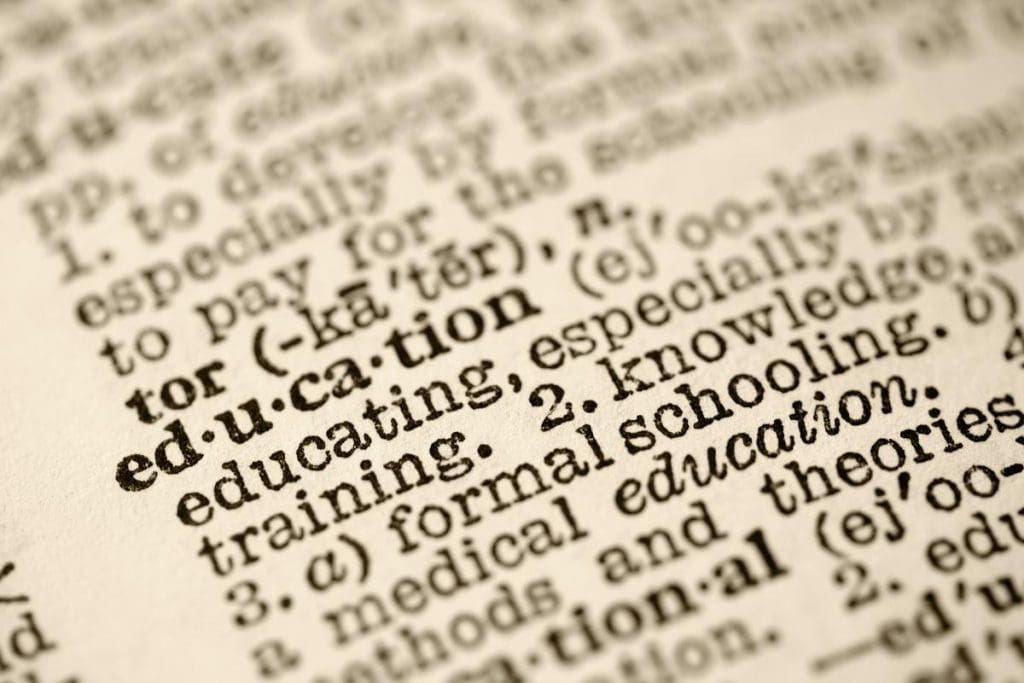If you’re a non-native speaker, you’ve likely struggled with English words that are difficult to pronounce. Even native speakers stumble on words with odd spelling and unexpected sounds. English is full of words borrowed from other languages, each carrying unique pronunciations. Here, we’ll break down some of the hardest words to pronounce, their origins, and tips to pronounce correctly.

Why English Pronunciation is Challenging
The English language draws from numerous sources, blending sounds from German, French, Latin, and beyond. Words borrowed from other languages often come with unfamiliar sounds and structures. This diversity makes English pronunciation tricky, especially for non-native speakers. Even common words may seem like tongue twisters when their spelling and pronunciation don’t match.
Common Mistakes and Mispronunciations
Some English words have earned a reputation for being difficult to pronounce, even among native speakers. “Worcestershire” sauce, for example, trips people up globally (including myself). Many stumble over the silent letters or the “ch” sound, which doesn’t follow the typical rules. Another classic example is “rural,” a word where the arrangement of vowels and “r” sounds make it tough to articulate smoothly.
Learning the correct pronunciation of difficult words will build confidence and improve clarity in communication. Here are a few more examples to practice.
Difficult Words and Their Pronunciations
1. Worcestershire
Many people mispronounce “Worcestershire” because it’s spelled in a misleading way. Pronounced as “WUSS-ter-sheer,” this word is a perfect example of English borrowing and transforming a foreign term. British English often condenses sounds in this way, leading to a pronunciation that barely resembles the spelling.
2. Rural
“Rural” sounds simple but is tough to pronounce smoothly. The consecutive “r” sounds create a verbal obstacle, even for native speakers. With practice, it gets easier to roll through its two syllables without a hitch.
3. Squirrel
“Squirrel” may sound cute, but it’s a pronunciation nightmare for many non-native speakers. The combination of “skw” and “r” sounds, plus its bushy tail of syllables, makes it a particular quality word that requires practice.
4. Anemone
If you’ve ever tried to say “anemone” quickly, you know how easily it may twist your tongue. Often pronounced as “uh-NEM-uh-nee,” this word comes from Greek and means “wind flower.” A beautiful word, but it takes practice to nail each syllable.
5. Colonel
Spelled one way, pronounced another. “Colonel” is voiced as “KUR-nuhl,” thanks to its origin from French and Italian military ranks. Its odd spelling and different pronunciation make it one of the hardest English words for beginners.
English Pronunciation Tricks: Make It Easier
1. Break It Down into Syllables
Breaking words into syllables will help with pronunciation. A word like “pronunciation” itself becomes clearer when split: pro-nun-ci-a-tion. Tackle one syllable at a time to form the complete word correctly.
2. Use a Dictionary
Digital dictionaries often include a speaker icon to help hear the word as native speakers pronounce it. For tricky words like “Worcestershire” or “colonel,” listening to proper pronunciation helps bridge the gap between written and spoken forms.
3. Practice with Tongue Twisters
Tongue twisters are not just for fun; they also strengthen your mouth muscles, helping you tackle English pronunciation. Words with close consonant sounds, like “rural” or “squirrel,” become easier after consistent practice.
Hard to Pronounce Words: Beyond the Basics
1. February
Many English speakers leave out the first “r,” saying “Feb-u-ary” instead of “Feb-ru-ary.” The correct form has that subtle “r” in the middle, which can trip people up.
2. Mischievous
Some add an extra syllable, saying “mis-CHEE-vee-us” instead of the correct “MIS-chuh-vus.” The mispronunciation results from English speakers trying to add regularity where it doesn’t belong.
3. Otorhinolaryngologist
The complexity of this medical term, meaning “ear, nose, and throat doctor,” lies in its length and unusual combination of sounds. Native English speakers might shorten or simplify the word, but mastering it impresses and enhances vocabulary.
English Words from Other Languages
English borrows words from languages worldwide, but they’re not always anglicized. “Ballet” keeps its French pronunciation; “genre” sounds as it would in French, too. Both words maintain the sounds and feel of the languages they were borrowed from, making them difficult for English speakers to pronounce correctly.
Words Native Speakers Find Difficult
While “Worcestershire” and “rural” are infamous, many common words give English speakers trouble. Words like “comfortable,” pronounced “KUMF-ter-buhl,” often confuse those new to the language. Native English speakers, accustomed to fast speech, often condense or slur syllables, resulting in unique challenges.
1. Comfortable
This four-syllable word is often spoken as “KUMF-ter-buhl.” The correct form includes each syllable distinctly, but fast-paced speech leads to shortcuts.
2. Espresso
An Italian import, often mispronounced as “ex-presso.” Its three syllables keep it simple, but the “s” sound throws off many English speakers.
3. Arctic
The “c” sound in “arctic” is frequently overlooked in spoken English. Correct pronunciation, however, includes both “c” sounds: “ARK-tik.”

Practice Makes Perfect: Overcoming Pronunciation Challenges
The English language is complex, with sounds that defy logic and spellings that challenge even seasoned speakers. Words to pronounce correctly require repetition and practice. Non-native speakers benefit from dedicated practice, and native speakers refine their language through awareness of common mistakes.
So, whether it’s a word with three syllables, a narrow strip of complex sounds, or a familiar food name like “Worcestershire,” mastering English pronunciation is about persistence. Don’t let hard-to-pronounce words stop you from speaking confidently. English pronunciation is a skill that grows with practice, helping you sound more like a native speaker each day.
Overcome those English words difficult to pronounce, and watch your confidence soar. Proper pronunciation isn’t an impossible goal; it’s an attainable skill with consistent effort. Whether it’s tackling “rural” or learning to say “Worcestershire” correctly, each word you master brings you closer to fluent communication.
Frequently Asked Questions
Why are some English words pronounced differently than they’re spelled?
English spelling often reflects historical pronunciations, leading to common mistakes where words are pronounced differently from their spelling.
Why do non-native English speakers struggle with English pronunciation?
Non-native English speakers often find English challenging due to different words that follow unpredictable pronunciation rules.
What is a common mistake with geographic terms in English?
Many confuse “isthmus” as the narrow land between two larger land masses, like the connection between North and South America.
